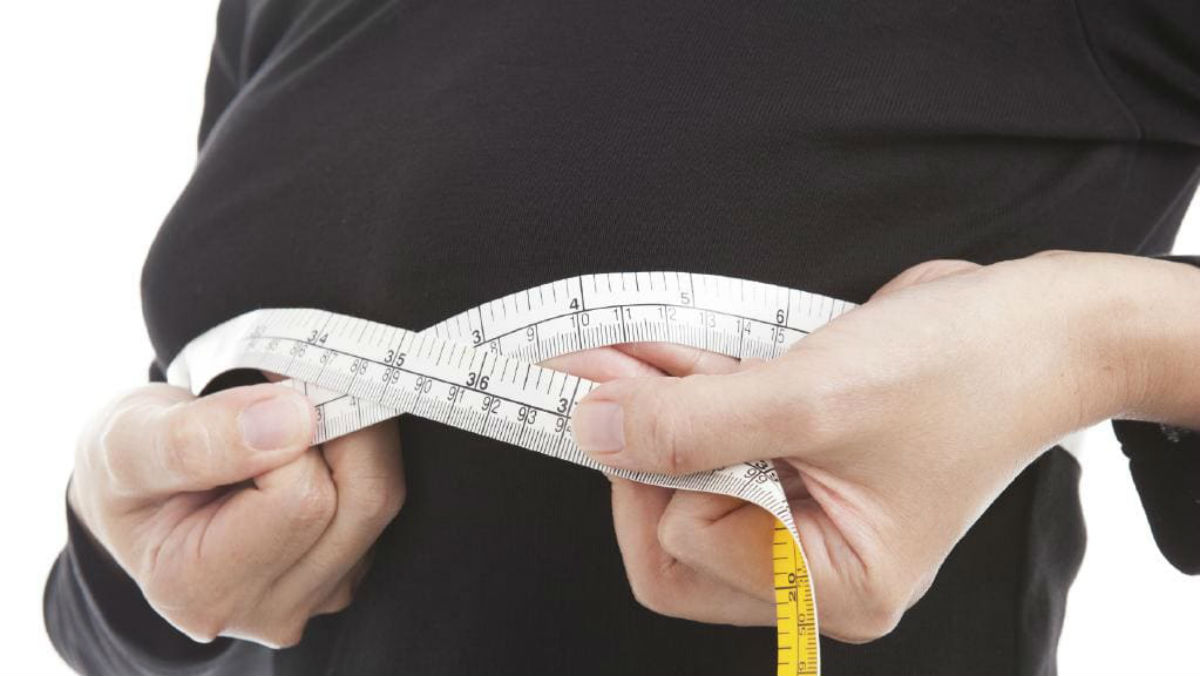I’m also Gen-X. I didn’t grow up with the assumption that everything was rosy for transgendered people, but I can see where someone around my age might get that idea.
We were the first generation to learn about the existence of trans people in our childhoods. The Renee Richards debate was all over the news, and a lot of good people were on one side or the other, so it wasn’t clear cut-- we couldn’t say “Look who’s on which side; it’s obvious what to think.” My own (very progressive) parents were even divided on the issue. They were progressive enough that in 1975, when my brother and I were 8 & 4, we had a babysitter who was a very much out college student.
Anyway, the fact that the debate had moved from “Is this an illness?” to “Should she be allowed to play women’s professional tennis?” signaled a move away from the medical model, and this was a lot of our intro to the issue. When I was still in high school, there was a TV movie about Renee Richards starring Vanessa Redgrave, so Hollywood had progressed since the days of Glen or Glenda? when the distinction between trans people and cross-dressers wasn’t even clear for most people.
During the Renee Richards debate, the Christine Jorgensen case was revisited, with lots of historic newsreel footage-- she was a media darling for a while. But she was an exception, because she had the right type of personality for this. She was really outgoing, and gave great interviews-- she had quite a magnetic personality.
I’m sure at this time, there were lots of hate crimes committed against trans people, but they weren’t identified as such, and therefore not reported as such. A lot of adults could probably read between the lines, but kids couldn’t. The fact that hate crimes came more and more to be identified as such, and therefore reported in the news as such, I’m sure created the false illusion that they were on the rise.
But, of course, they weren’t.
It’s kind of like how marital rape skyrocketed in the 1980s, but not because it actually increased-- rather because many jurisdictions passed laws against it, and so there were arrests for it for the first time ever, and therefore, for the first time, a way to collect statistics.
In the 1980s, for the first time, people who would otherwise have gone their whole lives without thinking about trans people, first entertained thoughts like “What if that were me, or my child? How would I feel? What would I do?”
Yes; I’m glad Broomstick brought this up. It’s also the case that, until very recently, people automatically assumed the a child or teenager who insisted on being the “opposite gender” was “going through a phase.” Even the trans child or teen him (or her) self often believed this. And all it takes is one case history in 100,000 of a kid who turned out not to be trans after declaring himself a girl at ages 4-6, to convince everyone that there was a very likely possibility every single other trans child was mistaken as well. Even when the case history turned up something like horrific sexual abuse, or batsh!t insane parents telling their son every day that he was meant to be a girl, because that’s what they’d really wanted, people still would refuse to take the other 99,999 kids seriously.
If NOTHING ELSE, the fact that people take kids seriously, and allow youth to transition ought to be evidence that things are better now.



